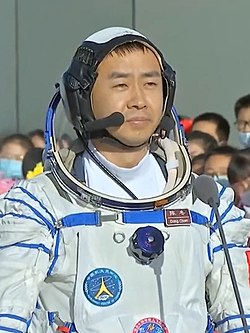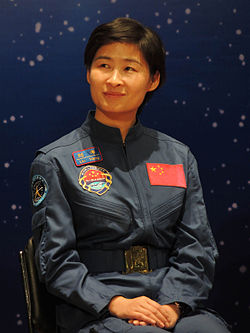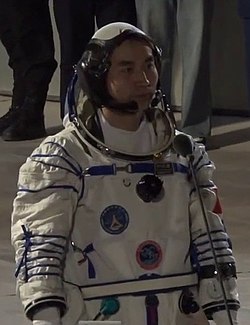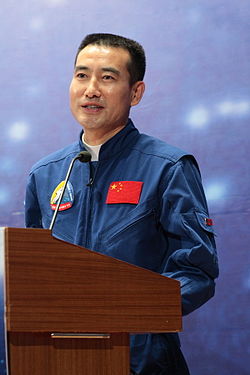Functions
China Manned Space Agency represents the Chinese government to take management responsibilities for the China Manned Space Program. [6]
CMSA's functions including development strategy, planning, overall technology, research and production, infrastructure construction, flight missions organization and implementation, utilization and promotion, international cooperation and news-release, etc. [2]
International cooperation
In 2016, United Nations Office for Outer Space Affairs (UNOOSA) and CMSA agreed to increased space cooperation via opportunities on-board China's future space station. [5]
In 2018, UNOOSA and CMSA invited the applications from United Nations Member States to conduct experiments on-board China's Space Station. [7]
On 12 June 2019, UNOOSA and CMSA announced the winners of the selected experiments to be boarded onto the space station. [8] [9]
This page is based on this
Wikipedia article Text is available under the
CC BY-SA 4.0 license; additional terms may apply.
Images, videos and audio are available under their respective licenses.


























